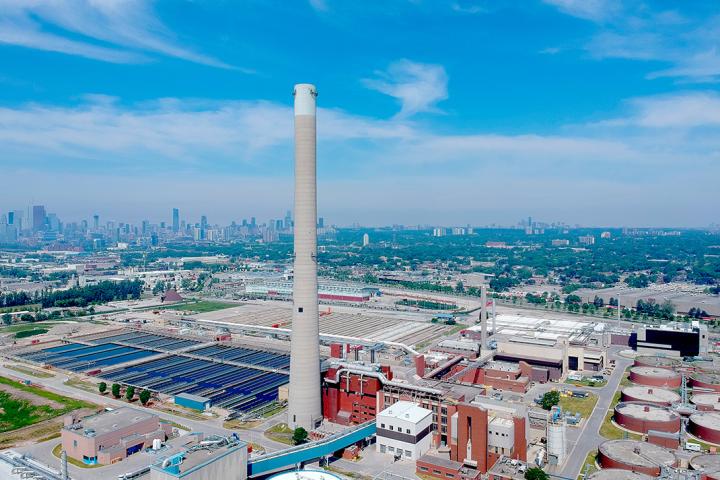Turning wastewater into an economic asset: Key takeaways from the UCT-UCR seminar

By Senani Mamba, Junior Researcher, WPE
The UCT-UCR Water Economics and Politics seminar series launched on 7 May 2025 with a compelling session. Prof. Manzoor Qadir, Deputy Director of the United Nations University Institute for Water, Environment and Health (UNU-INWEH) in Canada, delivered the presentation titled “Transforming Urban Wastewater from an Environmental Burden into an Economic Asset.”
Drawing on his extensive experience managing international water projects, Prof. Qadir highlighted a key challenge: despite decades of research and practice, achieving effective and sustainable wastewater treatment and reuse remains a global hurdle. His presentation outlined the current state of wastewater treatment and shared practical strategies and innovative solutions to improve and implement effective systems.
Key takeaways from the seminar:
- Only 63% of wastewater is collected, but proper management can turn wastewater into a valuable resource.
- Wastewater can be used for irrigation and households, reducing reliance on freshwater.
- Solutions should focus on improving policies, regulations and advocacy to drive effective management.
Discussions around the increasing wastewater volumes were cited as an increase of various factors: population size, urbanisation, economic development and higher living standards. It was noted that wastewater volumes were three times the annual water volume, but only 63% was collected, citing the high capital cost of setting up wastewater treatment plants. However, we can choose that this wastewater does not become a burden but an asset through proper management.
In the Q&A session, wastewater benefits were discussed, such as the potential for agriculture, aquaculture, agroforestry and aquifer recharge. For example, the speaker elaborated on how wastewater could potentially irrigate 30 million hectares as opposed to exploiting freshwater resources. On the other note, the speaker made an example that 12 million households could have water supply from wastewater.
The speaker then highlighted the challenges faced by developing and developed countries, which are different in scale, scope and size. Amongst other challenges was that countries partially implemented wastewater guidelines, making the efforts of planners ineffective. Also, the lack of political will was seen in the slow implementation of wastewater management policies. However, solutions were also discussed in strengthening policies and regulations through policy advocacy as an alternative to drive motivation and political will in implementing such policies.
Watch the presentation
––
This seminar is part of the UCT-UCR Seminar Series: Water Economics and Politics, a collaboration between the University of Cape Town (UCT) and University of California, Riverside (UCR). Subscribe to our mailing list to receive updates on upcoming sessions.
